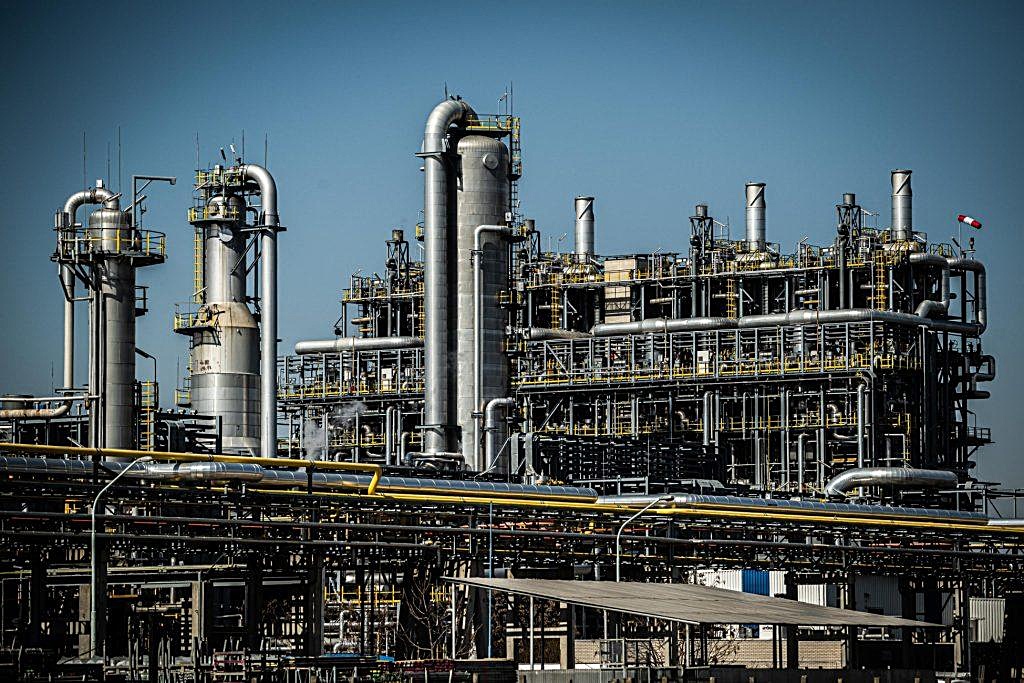In a ceremonious event, President Muhammadu Buhari inaugurated the Dangote Refinery on May 22, 2023, just a week before the end of his presidency. This refinery, reportedly the largest single-train petroleum refinery in the world with a capacity of 650,000 barrels per day, was heralded as a significant milestone. However, it soon became apparent that the refinery was not yet completed. It is possible that President Buhari was influenced to inaugurate the refinery prematurely, eager to be associated with what he believed would be his legacy project.
This hasty act laid the foundation for a series of events that have raised doubts about Alhaji Aliko Dangote’s preparedness to operate in the Nigerian petroleum sector. Contrary to Dangote’s promise during the inauguration that the plant would commence operations in August 2023, it remained non-operational during that time, despite the narrative propagated by the Buhari Presidency and Dangote himself.
It was only in the first quarter of 2024 that production of diesel and aviation fuel finally commenced, following the receipt of six cargo supplies of crude between December 2023 and January 2024.
During the announcement of the start of production for diesel and aviation fuel, Dangote expressed his gratitude to President Bola Tinubu and the regulatory agencies involved in the Nigerian petroleum industry, including the Nigerian National Petroleum Company Limited (NNPCL). He credited Tinubu’s leadership and attention to detail for clearing obstacles and expediting the project’s realization. Dangote also praised the NNPC, NUPRC, and NMDPRA as dependable partners in this historic endeavor.
However, it is essential to highlight Dangote’s contrasting remarks made just a few months later, where he labeled the NNPC Limited and the NMDPRA as unpatriotic entities working against the refinery and Nigeria. Dangote’s grievances began when he accused the NNPC Ltd and International Oil Companies (IOCs) of refusing to sell crude to him, alleging that they preferred to sell to companies operating outside Nigeria. Yet, it was later revealed that both the NNPC Ltd and the IOCs had preexisting crude supply agreements predating the establishment of Dangote Refinery, making such claims baseless. Dangote then shifted his focus to accusing the NNPC Ltd of operating a blending plant in Malta and importing low-quality fuel into the country.
Expert observers recognized that these accusations were merely distractions from the actual issues at hand. Notably, prior to Dangote’s allegations against the NNPC Ltd, the NMDPRA had already highlighted the high sulfur content in the diesel produced by Dangote Refinery, surpassing internationally-accepted standards and posing risks to both human health and vehicles. Furthermore, Dangote had lobbied the government to ban the importation of petroleum products, asserting that his refinery could meet domestic demand. However, such a move would lead to a monopoly, undermining market competition and energy security.
As Dangote’s attempts to manipulate public opinion failed, he employed a new strategy of enlisting the support of influential public figures, parliamentarians, civil society organizations, and the media to validate his refinery. Visitors to the refinery, including Senate President Godswill Akpabio, spoke glowingly of Dangote’s achievement and praised his ability to succeed where nations and continents had failed. These high-profile visits, alongside endorsements from various interest groups, presented a positive narrative around the Dangote Refinery.
However, it is crucial to note that while prominent figures showered praise on the refinery, skeptics focused on the declining financial position of the Dangote Group. Fitch, the global rating agency, downgraded the Dangote group’s rating due to worsening liquidity and uncertainty regarding its ability to refinance its maturing debts related to the Dangote Oil Refining Company (DORC). Despite the refinery operating at around 50% capacity during the first half of 2024, producing between 325,000 to 375,000 barrels per day, further delays in meeting funding requirements could lead to financial restructuring or default.
Fitch also highlighted the possibility of the Dangote group selling a 12.5 percent stake in the refinery due to its financial challenges. In 2021, NNPC Ltd acquired a 7.25 percent stake in the project entity for $1.0 billion, with an option to purchase the remaining 12.75 percent stake by June 2024. The decision to divest part of the stake in DORC reflects the group’s predicament.
While influential figures, including lawmakers, CSOs, and the media, publically expressed admiration for the Dangote Refinery, they appeared to sidestep the serious allegations of producing substandard diesel and attempting to establish a monopoly in the Nigerian petroleum industry. In their newfound support for Dangote, they betrayed their roles as impartial guardians of the public interest.
It is disheartening to witness lawmakers disregarding impartiality and failing to conduct thorough investigations before taking sides. Such partisanship has no place in our diverse society, as it exacerbates existing fault lines and reinforces ethnic and religious sentiments. While protecting local businesses like Dangote Refinery is important, they must also comply with regulations and address the serious allegations raised against them. We need transparency and accountability, not more theatrics.
Bosun Adetiloye is an Abuja-based public analyst.

